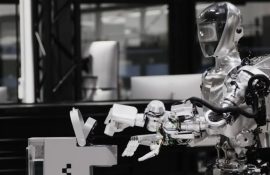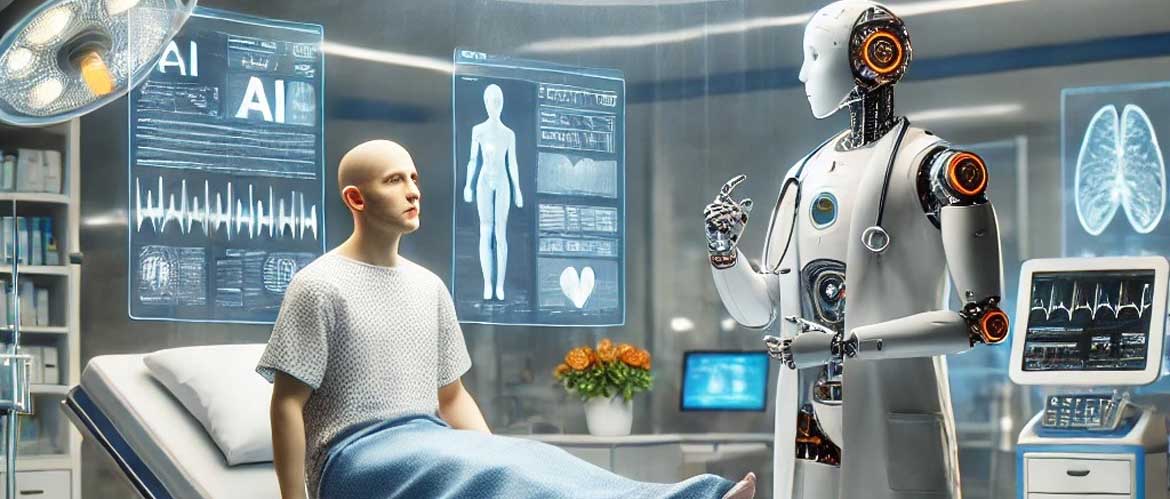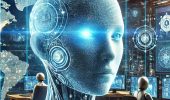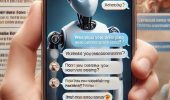Imagine coming to the hospital and being greeted not by a person, but by a robot. Or let’s look even further into the future – you walk into the emergency room and are greeted by the voice of artificial intelligence playing the role of a doctor. Artificial intelligence not only speaks to you, sees you, but also, based on hidden analyzers, can give you a primary diagnosis. At an earlier stage, a special machine scans you, transmits the data to AI, and it draws conclusions and makes a diagnosis. Even further in time, no machines will be needed to make a diagnosis – it is enough for the patient to fall into the field of analyzers hidden in the hospital premises.

Opportunities of AI in medicine
Already, in some hospitals around the world, AI is used to identify diseases, but such cases are still rare. For example, in California, AI helped detect a rare form of cancer at a stage when doctors were still in doubt. The machine was able to analyze thousands of photographs and find what had escaped the human eye.
Let’s fantasize even more about a golden era for humanity in the future. Imagine that you are walking along a deserted alley in the city and you feel bad. If this happened now, no one would help you. But in the future, AI will monitor the entire planet in real time, and as soon as you feel unwell, the AI will call an ambulance to help you, most likely by air, because it’s faster.

AI at the moment
When it comes to treating currently incurable diseases such as cancer, diabetes or heart disease, AI is breaking new ground. Research is already underway where AI analyzes patients’ genetic data and finds personalized treatments. In the future, we may be able to treat diseases at the DNA level, correcting defects before they even appear.
Recently, at a London clinic, AI helped develop a new therapy for patients with a rare genetic disease. He analyzed millions of data and came up with several treatment options, one of which was successful. Patients who previously had no hope of recovery now have a chance at a new life.

Imagine how diseases used to be treated – with primitive tools and often without an accurate understanding of what was happening inside the body. Now think about a future where AI can predict diseases and suggest treatments before the first symptoms appear. As they say, “forewarned is forearmed.”

All this sounds like science fiction, but many aspects are already beginning to become reality. Artificial intelligence has the potential to change medicine beyond recognition, making it more accurate, faster and more accessible. Of course, there are many ethical and technical issues to be resolved, but a future where AI cures diseases is just around the corner.
To be continued…







Only registered users can leave comments